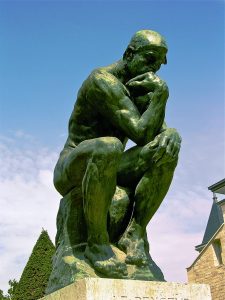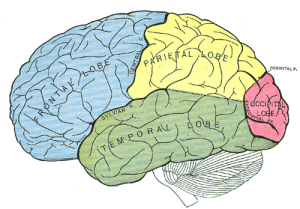Unit 1: Basics of Cognition
Description: This unit establishes the fundamental concepts and scientific approaches to studying human thought processes. We explore how humans process information from the environment, focus attention, and organize knowledge into concepts. Through understanding these basic cognitive processes, we build a foundation for understanding more complex cognitive phenomena.

Why This Unit is Important: Understanding basic cognitive processes is essential for effective counseling practice. Therapists use this knowledge to recognize cognitive patterns that contribute to client difficulties, design interventions that work with natural cognitive processes, and help clients develop more adaptive thinking patterns. Beyond counseling, cognitive principles guide educational practices, inform user interface design, and help artificial intelligence developers create more effective systems. This foundational knowledge helps you understand how people process information in any context.

Unit Learning Objectives: By the end of this unit students will be able to…
- ULO1: Identify areas of study in cognition and evaluate key historical contributions. (CLO1, CLO2, APA1, APA2)
- ULO2: Critique operational definitions for complex cognitive constructs and evaluate the appropriateness of different research methodologies for studying mental processes. (CLO2, CLO3, APA2, APA4)
- ULO3: Compare developmental theories and relate their implications to adult cognition. (CLO2, APA2)
- ULO4: Explain the importance of concepts and evaluate how categorization supports functioning. (CLO2, CLO3, APA2, APA4)
- ULO5: Analyze sensation and perception processes and explain how they create meaningful experience. (CLO2, CLO3, APA2, APA4)
Media Attributions
- The Thinker Rodin by Auguste Rodin, Public domain image
- Gray Brain Anatomy from Gray’s Anatomy (1918), Public domain image

